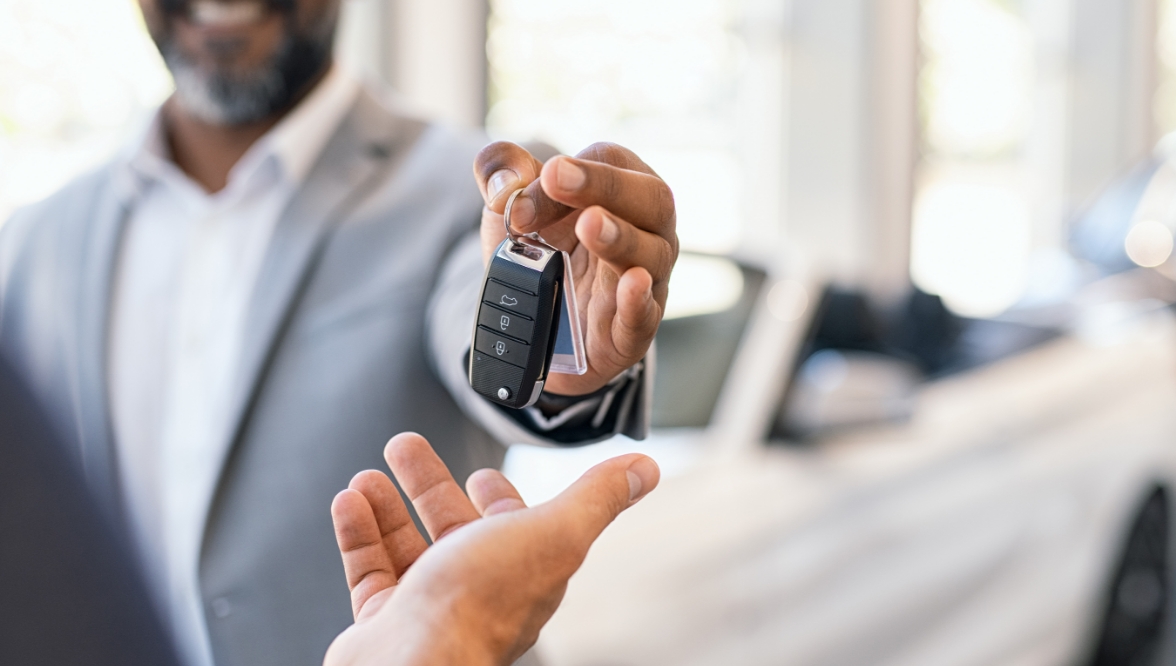Business Content
Buying a New Car? Don’t Overlook These Expenses.

Buying your first vehicle can be an exciting experience, marking a major step towards independence and freedom. However, you should go into this process with your eyes wide open. Here’s a detailed breakdown to ensure you’re financially prepared for the journey ahead.
Sales Tax and Destination Charges
Taxes vary by state and locality, often representing a substantial percentage of the vehicle’s purchase price. In some areas, they can be as high as 10%. And location also impacts destination charges, which cover the cost of transporting the car from the factory to the dealership. It’s typically a few hundred dollars and is added to the sticker price.
Registration and Documentation Fees
These are required to register your vehicle with the state and obtain license plates. The amount varies based on the vehicle’s value, your location, and whether it’s a new or used car. Likewise, dealerships typically charge a fee to cover the administrative costs associated with processing the sale. This fee is generally nonnegotiable and can range from a few hundred to several hundred dollars.
Vehicle Personal Property Tax
Some states and localities impose an annual tax based on your vehicle’s value. This is separate from sales tax and can vary depending on where you live. Check with your local DMV or tax office for specific details.
Vehicle Registration Renewal
Depending on your state, you’ll need to renew your vehicle registration annually or biannually, which involves a renewal fee. This fee can vary based on location and vehicle type.
State Inspections
Many states require periodic vehicle inspections to ensure safety and emissions compliance. These inspections often come with a fee, which can vary based on location, the type of inspection required, and the cost of repairs.
Car Insurance Rate Increases
Insurance premiums can rise due to various factors, such as accidents, traffic violations, or changes in your credit score (in some states). Maintaining a good driving record and solid financial standing can help avoid premium hikes.
GAP Insurance
If you’re financing a new vehicle, GAP insurance can cover the difference between what you owe on the loan and the car’s actual cash value in the event of a total loss. This is particularly valuable if you’re making a small down payment or buying a car that depreciates quickly.
Fuel Costs
Consider the cost of fuel or electricity to power your vehicle, keeping in mind your typical driving habits and the car’s fuel efficiency. Since fuel prices can fluctuate, budget for potential increases, especially if you have a long commute or drive frequently.
Parking Fees and Tolls
If you live or work in an area with limited parking, you may need to budget for parking fees or permits. Also, frequent use of toll roads means factoring toll costs into your transportation budget. A toll transponder can provide convenience and potential discounts, but be mindful of any associated fees or minimum balance requirements.
Maintenance, Repairs, and Part Replacements
Regular maintenance, such as oil changes, tire rotations, and brake replacements, is essential for keeping your vehicle in good condition. Tires will eventually need replacement, typically every few years, depending on your driving habits and the type of tires. Unexpected repairs can also occur, so it’s advisable to have a contingency fund set aside. Even regular car washes are needed to keep a vehicle in top shape, so don’t forget to include those when budgeting.
Roadside Assistance
A roadside assistance plan can provide peace of mind in case of a breakdown or flat tire. Assess the cost and coverage options to see if it fits your needs and budget, especially if you’re purchasing a used car or planning long road trips.
If you’re considering purchasing a vehicle, a smart first step is to get preapproved for an auto loan. Contact us, and we’ll help you get started.